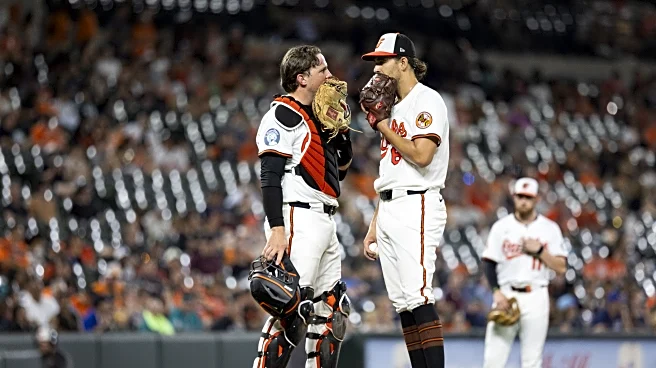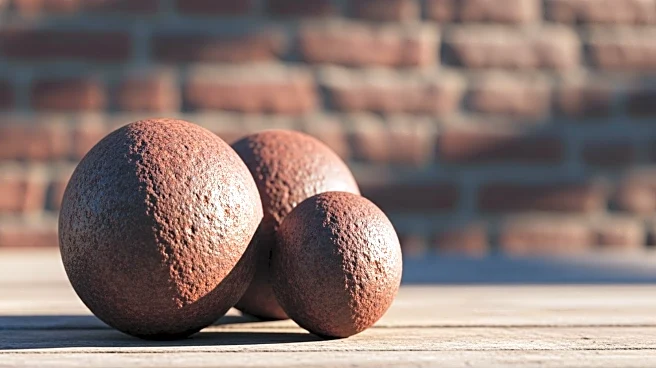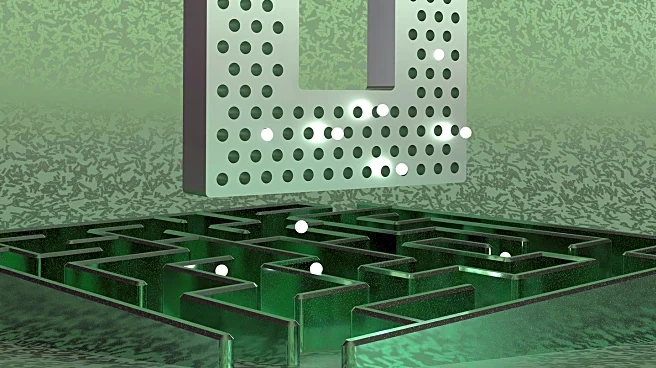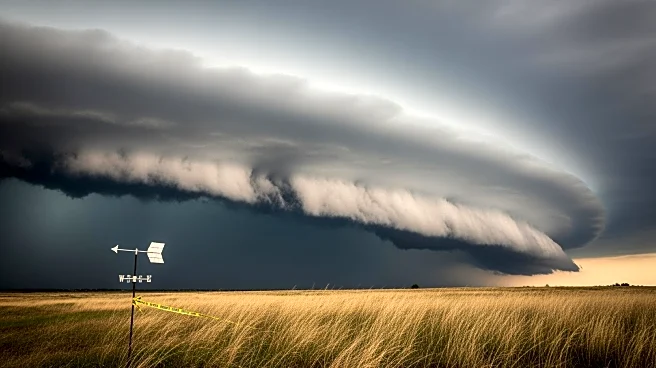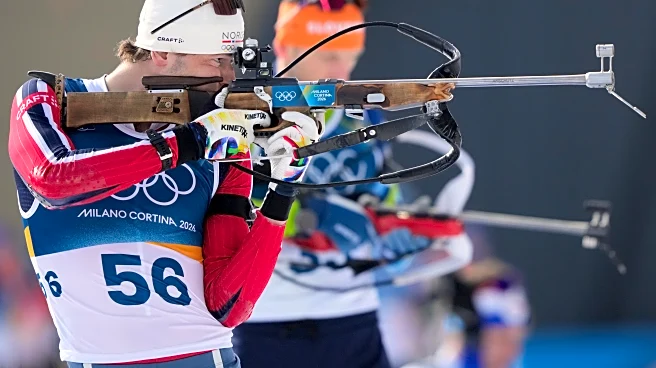Not all pitchers can be aces. Some, in fact, are bums. Dean Kremer, however, is neither of those things.
Probably
it’s easiest to call him a back-of-the-rotation starter and be done with it—but that still raises questions. What to make of the times when he’s really good, like May-August of this year, when he posted a 3.16 ERA in 19 starts? And where does that leave the 29-year-old right-hander for next season?If you remember, since coming over from Los Angeles in 2018 (he’s unexpectedly become the
crown jewel of the Manny Machado deal, as the other four prospects – Breyvic Valera, Rylan Bannon, Zach Pop and Yusniel Díaz – have since washed out), Kremer’s had one good year for Baltimore: 2023, where he went 13-5 with a 4.12 ERA. His 2024 was a little murkier, with an 8-10 record and a 4.10 ERA. He’s been an undeniable innings-eater, though, with 302 1/3 innings those two seasons.
Entering this spring, Kremer admitted that a main to-do for him was to seek consistency.
If so, I think he’d better keep looking for it. In 26 starts, Kremer is 9-10 with a 4.52 ERA and a 4.04 FIP. Those are average numbers, but they conceal a tendency to be sharply bimodal. Kremer will be great one day, then get shellacked the next.
Let’s say that allowing 0 or 1 runs is a great start and 5-plus is a bad one: in 27 games Kremer has nine very bad ones, eleven great ones, and seven middling ones in between.
Some of the great this year: a shutout appearance against Boston in April, seven scoreless against Houston two weeks ago, eight one-run innings against Seattle. But many lows, as well: against the Giants, he allowed seven runs on nine hits over three innings. The week before, the Astros walloped him, with seven runs against him in five.
Kremer’s numbers also conceal rather intense month-to-month splits: in March/April he had an ERA of 7.04; in May 2.72; in June 3.30; July 4.30 and August 5.59.
I wonder if Kremer knows what the difference is. I’m sure if he did, he’d have avoided a modest late-summer slide. Can we spy what’s going on?
Back in the spring, I wrote about the turnaround from Kremer’s bad April to his excellent May. A couple of things made the difference: arsenal. Each year, Kremer works with a slightly different pitch mix—I think it’s because hitters adjust to his stuff, forcing him to adapt. For instance, in 2024, Kremer ditched a changeup and incorporated a split-finger fastball, which turned out to be be his best pitch. This year, his best pitch was his curveball.
As for results this summer, it’s true that pitch mix seems to be part of the deal. On the days Kremer pitches well, he’s using fastball less in the mix, and vice versa: during his last, bad start against San Francisco, his four-seam percentage was 40%, the highest in over a month.
Unsurprisingly, too, command is key: Kremer’s strike percentage has been down in each of his starts since July 31. It strikes me that fatigue is an explanation.
A final factor is that all of his breaking pitches—curveball, sinker, and splitter—have lost effectiveness since June, while his fastball and cutter seem to be doing fine. It’s not obvious in terms of spin rates, but it might be obvious to batters in terms of location. He may need to reassess that curveball as we head into the last month of the season.
Overall, it’s really tricky to evaluate Dean Kremer. He says he wants to be a pitcher who gives his team 200 innings per year, a highly commendable goal, and so far this season he’s tossed 155, for a slightly-positive 1.2 WAR. With so many pitchers injured around him, that’s nothing to sneeze at. It seems he has to work hard to fool hitters, but sometimes he really does it—including for a nineteen-game stretch this season.
Just yesterday, CC’s Mark Brown assessed that Kremer will likely be back next season, though he’s not particularly enthused about it. As Mark pointed out, Kremer “should be a back of the rotation starter yet the Orioles keep assembling rosters that end up with him at #3 or higher.” Not Kremer’s fault, of course, and the Orioles have had terrible injury luck.
It’s hard to find good pitching right now, especially in Baltimore. Dean Kremer is almost, sometimes a really good pitcher. He needs to keep consistency with his breaking balls, use his fastball sparingly, and manage his workload. With all that, can he be a productive starting pitcher?
